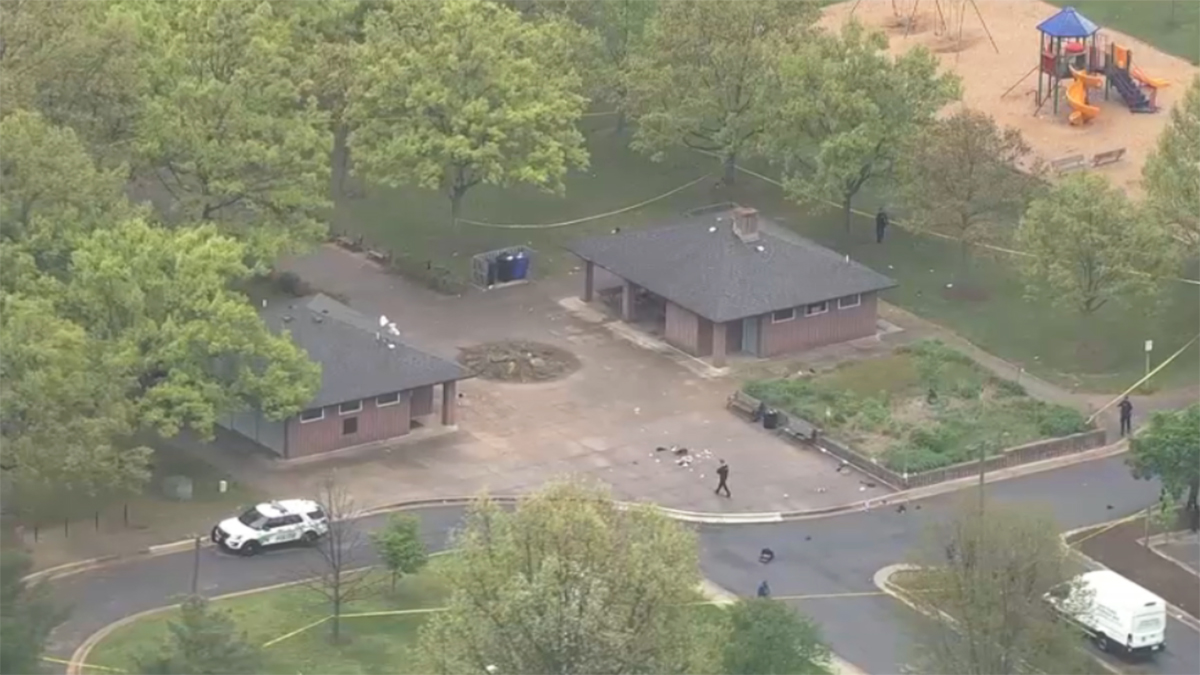Two years after the deadly protests in Charlottesville, Virginia, the battle to remove a Confederate statue in downtown D.C. has been renewed.
D.C. Del. Eleanor Holmes Norton reintroduced a bill to remove the statue of Confederate Gen. Albert Pike near Judiciary Square on July 30.
“[Gen. Albert Pike] was a Confederate general who served dishonorably and was forced to resign in disgrace,” Norton said in a statement, adding that soldiers under his command had mutilated the bodies of Union soldiers and the general was ultimately imprisoned for misappropriating funds.
“Even those who do not want Confederate statues removed will have to justify awarding Pike any honor, considering his history,” Norton said.
The statue of Pike is one of 19 Confederate statues in the D.C. metro area.

Norton, D.C.'s delegate to the U.S. House of Representatives, introduced the same bill in October 2017, but it stalled after being handed off to the Subcommittee on Federal Lands.
Local
Washington, D.C., Maryland and Virginia local news, events and information
The statue is located near 3rd and D streets NW and honors Pike as an author, poet and philanthropist.
Norton said the statue, a nearly 30-foot structure with an 11-foot bronze cast of Pike on federal land, was never authorized by the District.
The Freemasons, of which Pike was a part, donated most of the money to dedicate the statue in 1901, Norton said. Pike served as the head of the Scottish Rite of Freemasonry for more than three decades, said the organization’s grand historian, Arturo de Hoyos.
“The Freemasons themselves support the statue’s removal, given its divisive nature,” Norton said. “The D.C. mayor and the council also support the removal of the statue.”
De Hoyos contested Norton’s claim that soldiers under Pike’s command mutilated bodies of Union soldiers, saying Native American troops acted of their own accord.
In a handwritten account provided be de Hoyos, Pike said he felt “angry and disgusted” when he learned that a Union soldier had been scalped after his death.
De Hoyos also said the statue does not represent Pike as a Confederate soldier, but rather a private citizen.
“He’s not in uniform, nor does he carry a firearm or sword,” de Hoyos said in an emailed statement.
Ultimately, de Hoyos gave his blessing to remove the statue.
“Certainly, we have no desire that the Pike statue (which belongs to the Parks Service), should be the cause of division or strife,” de Hoyos said. “Although our belief is that it has been misrepresented and misunderstood, we support whatever view the Park Service recommends, whether that means it should stay or be moved to a new location.”
Norton said she recommends moving the Confederate statue to a museum rather than tearing it down. “Americans must continue to learn from history,” she said.
Norton clarified that no federal funds would be used to remove the Pike statue.
D.C. Mayor Muriel Bowser “continues to support Congresswoman Norton's efforts to remove this statue that does not reflect D.C. values,” press secretary Susana Castillo said in an emailed statement Thursday.
“We have no shortage of honorable women and men who have fought to make Washington, D.C., and our nation a fairer and more equitable place,” Bowser’s press statement continued. “With the public's input, we believe the National Park Service will have no problem finding a deserving replacement."



